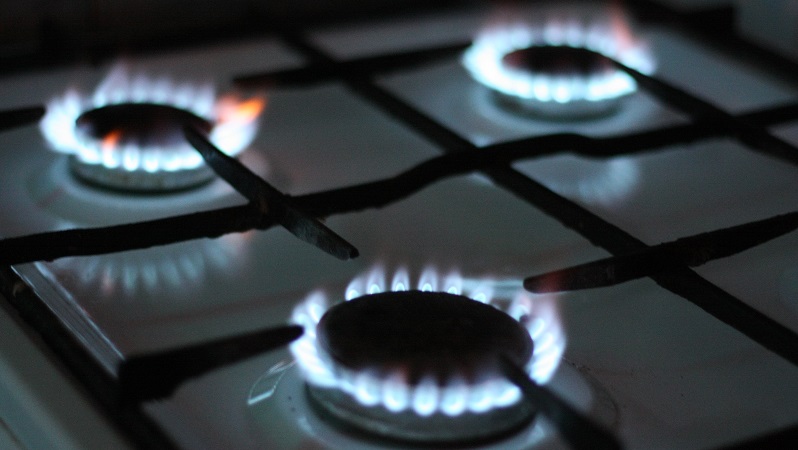Fund managers invested in gas names are likely to stick with the energy companies they hold as the UK’s energy crisis continues to unfold.
In recent weeks, smaller energy companies such as Green Energy, PFP Energy, HUB Energy, Utility Point, People’s Energy and MoneyPlus Energy have gone bust, with many others still at risk of collapse.
Energy giants like British Gas and EDF have been taking on the customer base of those failed firms, but it’s not just the smaller businesses that are teetering on the edge. The UK’s sixth largest supplier, Bulb, confirmed on 21 September that it was seeking emergency funding, stoking fears in the market that it was also in financial trouble.
“The energy crisis is already beginning to feed through to share prices as oil and gas suppliers benefit from higher prices. In addition, we are already seeing smaller players struggle with rising prices and can expect more to collapse as the crisis deepens,” says independent wealth consultant Adrian Lowcock.
“This will play into the hands of those companies that survive and we should see consolidation in the industry – indeed some companies will take on new customers without the risk of buying the business, such as Centrica.”
Strong companies
He adds that fund managers who focus on strong stock selection and quality businesses may see the energy crisis as a rerating for the entire sector.
“The sector as a whole has been under a cloud since the start of the pandemic and, indeed, many saw it as the beginning of the end as investors focused on the poor ESG characteristics of many companies,” Lowcock says. “However, the crisis is a reminder of the important role energy has, in not just the economy, but also for households. It has highlighted both domestic and global issues around storage and supply and a reminder that any transition away from fossil fuels isn’t going to happen quickly.
“Overall, I would expect managers to stick to their positions, unless their holdings are on the riskier side, as many investments have been made with a view that valuations were just too low and the market will reassess them in due course. A crisis does, of course, require a manager to reassess any investment in the sector to ensure it is still appropriate given the new information.”
For Quilter Cheviot equity research analyst Harrison Williams, while the soaring gas prices could result in short-term earnings pressure for companies, the potential for consolidation in the energy sector could be beneficial in the long run.
“Centrica and E.ON are both positioned well for further market consolidation. Likewise, there are signs that the regulator will weigh the financial resilience of suppliers in its decisions alongside its desire for competition,” he says.
“The gas crisis may also result in the UK government tweaking, or dropping entirely, recent proposals for further increasing competition in the space with the proposals for opt-in switching from 2023 and a trial for opt-out switching to make it easier for consumers to find a cheaper deal. Both proposals would have hampered the legacy suppliers, so any changes to the proposals following these market developments could be a positive for these firms in the sector.”
What’s gone wrong?
Since the start of 2021, wholesale gas prices have increased 250% driven primarily by a rise in global demand as economies around the world reopened following Covid-19 lockdowns.
This, coupled with a particularly cold winter in 2020/21, has created the perfect storm of supply demand, market analysts have said.
On his visit to New York, prime minister Boris Johnson explained that the current issues are “short-term problems”, adding that it “will get better as the market starts to sort itself out, as the world economy gets back on its feet”.
Temporary fix
In the short term, the UK government has stepped in to stump up the operating costs for CO2 producer, CF Industries, which was forced to shut two of its sites earlier in the year because of the rising price of gas.
These two sites produce 60% of the UK’s commercial carbon dioxide supplies.
“This may just be a kludge with only three weeks of financial support guaranteed and now the energy regulator Ofgem is warning that more energy suppliers could go to the wall,” says Hargreaves Lansdown senior investment and market analyst Susannah Streeter. “It’s clear the crisis in the energy sector is far from over, and companies will be forced to absorb costs, hitting margins or pass rises onto customers, fuelling inflation concerns.”







